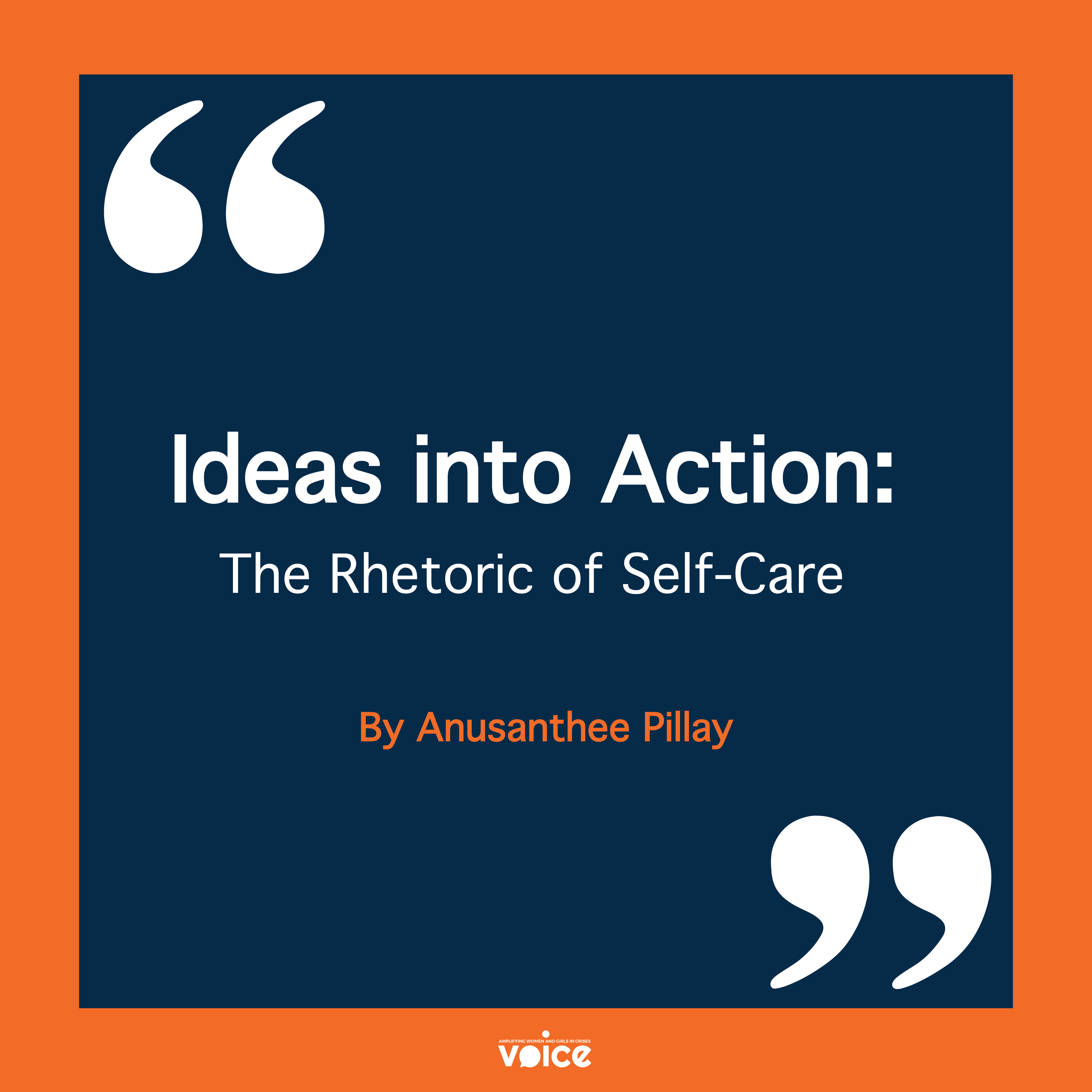
By Anusanthee Pillay
There is talk of care, wellbeing and particularly self-care for women all over the internet these days. It has been called a radical idea, a political act against a hostile, exploitative culture, and self-preservation of women’s mental, physical and emotional wellbeing.
But let’s ask: where is it happening? Which women have the time and the means to go for a massage, to have a ‘me’ day or to take time off work? Food security, access to health care and many other such privileges are not part of most women’s lives.
Statistics tell us that women do almost 80% of unpaid care work in the world. Most women have less/little access to and control over resources, hold few positions of power, and have little if any control over decisions that affect their lives. For these women, establishing self-care as a right will do little to change their lived realities. We need to ask: who and what will make it possible for women to challenge everyday norms and expectations by taking care of themselves? What makes it possible for women to prioritize their wellbeing in the way that we are advocating is not ‘nice to have,’ but absolutely essential to their physical, mental and emotional health?
Is it enough to provide training for leaders, to awaken women to the notion, to teach them to set boundaries, and to encourage them to take power over prioritizing their mental and emotional health? Are we once more making it an individual responsibility in the way that capitalism teaches us that poverty is our own fault? I think all institutions and organizations that employ women need to embed into their everyday practice a deep understanding that the bottom line is not what is produced and delivered: it is creating communities of people who feel worthy and cared for, in genuine solidarity for the wellbeing of women.
Self-care is not about people having to do all their own mental, physical and emotional care without support; it is about entrusting and enabling people to manage their own care if and when they choose to do so.
Moving Beyond the Rhetoric
So if we recognise that wellbeing and the everyday practice of self-care is not an indulgence but a necessity – then what are the measures that must be put in place to ensure that it happens without fear, guilt or apology? Self-care goes far beyond a mindset, an attitude, or a value that must be awakened in each individual. We are all caught in an oppressive and often violent system that prefers to negate and disregard women – where not only our own experiences of oppression are traumatic, but where helping others leaves yet another trail of guilt and trauma. What tells us that we matter, that we are worthy of care? As global actors on the feminist stage, what is our role and our responsibility toward our own self-care and the care and wellbeing of others?
Steps Forward
Political theorist Joan Tronto defines care as a species activity that includes everything we do to maintain, continue and repair our world so that we may live in it as well as possible. That world includes our bodies, ourselves, and our environment – all of which we seek to interweave in a complex, life-sustaining web. In the highly turbulent world we find ourselves in, care must be at the core of an institution and must enhance the ability to cope in a world fraught with complexity and tension. One feminist organisation offers the following, which provides food for thought:
Workplace or professional care – regular supervision, peer-support, respect for boundaries between colleagues and work/home boundaries, and professional development opportunities.
Physical care – adequate leave allocations, encouragement to take time off when needed, contribution to physical care facilities, building trust for guiltless time off, contribution to massage or other equivalent therapy, and adequate time for breaks.
Psychological care – in-house therapy, reflective journals, regular supervision with more experienced colleagues, and respect for family time.
Emotional care – space for open sharing of ‘bouquets and beefs’ (praise and complaints), and pairing colleagues for peer support.
Spiritual care – meditation courses and self-reflection tools.
Caring relationships and/or communities of care – small groups coming together to share practices of care and to openly share concerns and support each other, or to simply get together to laugh and enjoy each other’s company.
What would the world look like if all organisations prioritised these forms of care? What might women be capable of if such care was promoted, supported, and embedded into our institutions?
For as long as the emphasis on self-care remains on harnessing individual resources to overcome stress, particularly at a time of rising precariousness and uncertainty, ‘self-care’ in itself will become a source of pressure. Along with exposing and challenging the social and structural sources causing the crises that women experience, we need to stop telling women to work on themselves and assume full responsibility for their wellbeing. Instead, we need to work with women to co-create the environments and opportunities that enable self-care and wellbeing.
Anusanthee Pillay serves VOICE as a Global Women’s Movement Building Team Lead focused on movement building with feminist groups around the world. Anu is an academic, activist and practitioner who spent many years advocating to end violence against women in South Africa; she also co-authored the book: The Aftermath: Women in Post-Conflict Transformation and whose personal experience of violence contributed to sparking national discourse, documentaries and activism on violence against women. She represented South Africa in the Beijing conference in 1995, to present as part of a 6-country report of the first study on intimate femicide. Her PhD is an auto-ethnography of her life’s focus on transformation from the personal to the political. Anu continues to live and work from South Africa in Johannesburg closely connected to her four adult offspring and 5 grandchildren.
